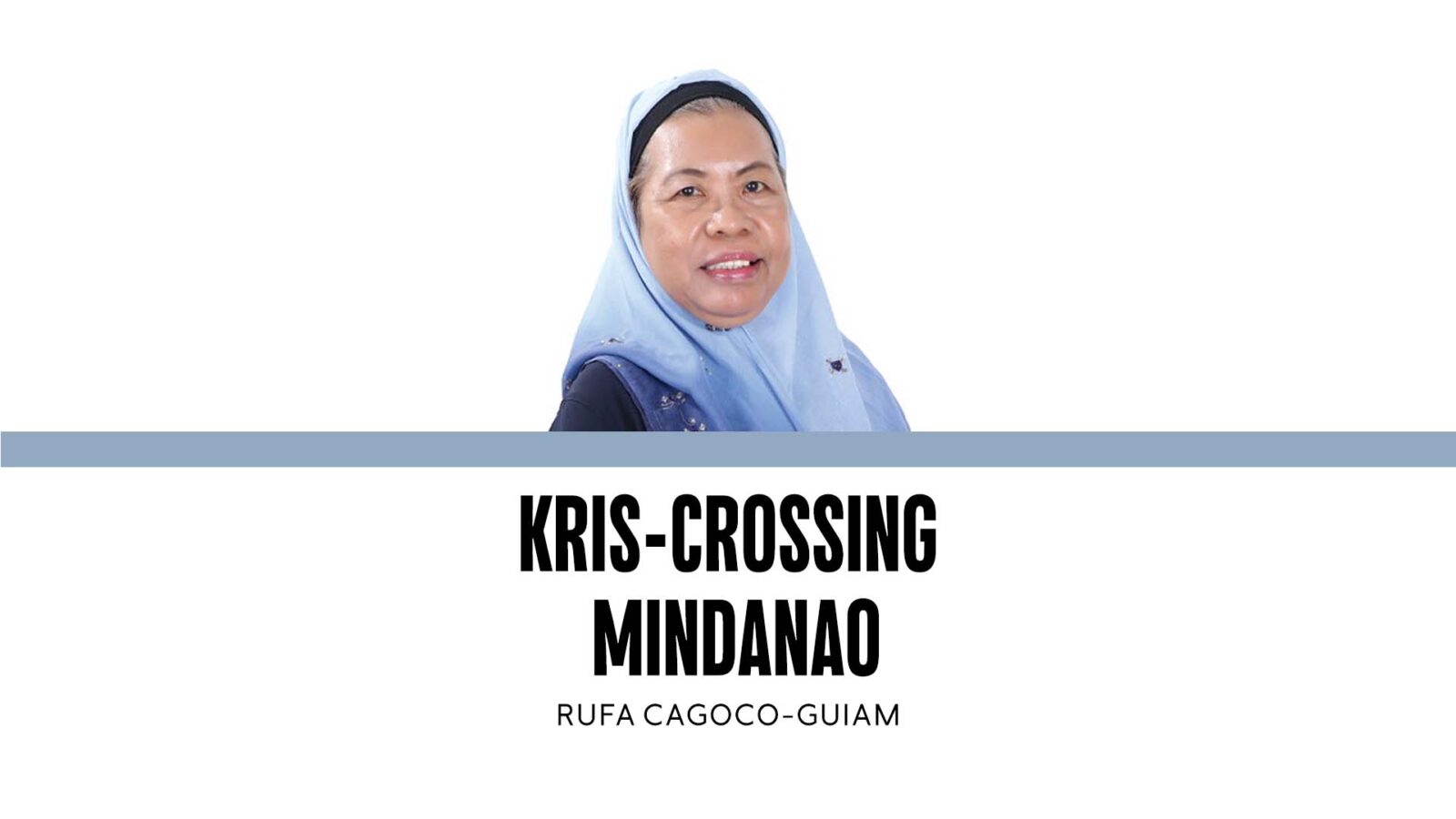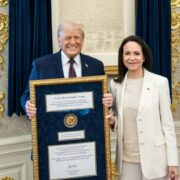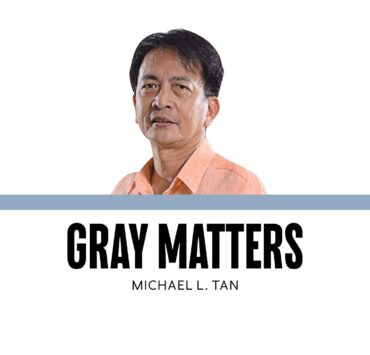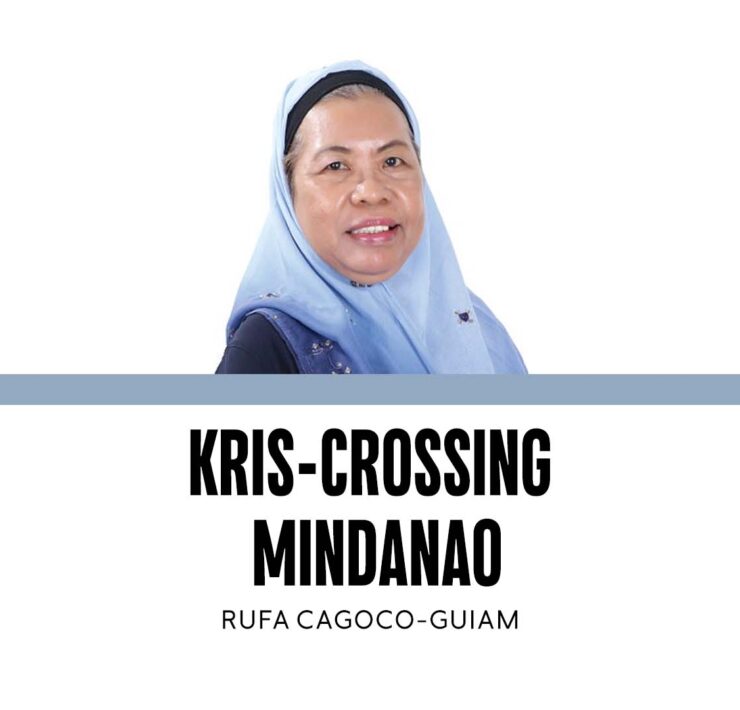An overkill

Cotabato City—Last Friday, Sept. 5, 2025, at exactly 7:30 a.m., a composite force of elements from the Philippine National Police, Philippine Marines, and some Philippine Army soldiers swooped down on the office of the Ministry of Basic, Higher, and Technical Education (MBHTE) at the Bangsamoro Government Center in this city.
This composite team of Philippine security agents, in full battle gear, was reportedly escorting a team from the Commission on Audit—Bangsamoro Autonomous Region in Muslim Mindanao to start investigating allegations of financial anomalies at the MBHTE in the BARMM. The audit team, with its heavily armed security escorts, hauled a black plastic box from the MBHTE office.
The Cotabato City police director said the COA team requested police and Marine assistance in retrieving the documents in the black plastic box. As reported, the box was immediately transported to the Tactical Operations Group at Awang Airport in Datu Odin Sinsuat, Maguindanao del Norte.
Last Aug. 11, 2025, the current Interim Chief Minister (ICM), Abdulraof Macacua (aka Sammy Gambar), sent a letter to COA chair Gamaliel Cordoba confirming that the “complaints against MBHTE Minister Mohagher Iqbal merited the conduct of a special audit.”
This latest source of tension in the region is just one of the ripple effects of several schemes allegedly orchestrated by top national government officials to intervene in the affairs of the only autonomous government in the country.
All these moves started with the sudden replacement of then ICM Ahod B. Ebrahim (aka Kagi Murad) with Macacua, the third highest official of the Moro Islamic Liberation Front (MILF). This took place in March of this year, less than seven months into the scheduled first regular parliamentary elections in the region that will take place next month, on Oct. 13.
This move took everyone in the region by surprise, although some rumors had earlier been circulating about this possibility. Allegedly, the national government, through its Office of the Presidential Assistant on Peace, Reconciliation and Unity and some local political interlocutors of the national government, pressured Ebrahim to step down, to allow for a “regime change.”
I have earlier written about the absurdity of changing the regional leadership just a few months before the regular parliamentary elections. Along with the removal of Ebrahim came decisions on the removal of some nationally appointed members of the Bangsamoro Transition Authority, six of them women, thereby decreasing the limited number of women members of the interim Parliament.
Several officials talk of “palpable” reasons for the changes in the regional leadership, among them allegations of massive corruption perpetrated by the current leaders in the region, including Iqbal. But why has the national government not initiated a series of investigations into this matter? Why change an interim chief minister? There are no rational answers to these questions. However, if there is a grand scheme to install the current ICM into a regular one, all such “irrational” moves that have since fractured the highest leadership of the MILF may now be understandable.
This can only happen if the Oct. 13 parliamentary elections are thwarted by power-hungry politicians who will be huge beneficiaries of such an unpopular move.
Going back to that incident at the MBHTE last Friday, key officials and staff of the ministry were taken aback by the sudden presence of heavily armed men, showing only a photocopy of the memorandum from the COA national office for retrieving documents allegedly showing financial anomalies in the ministry under the watch of Iqbal.
In other democratic countries, where there are government allegations of corruption and other acts of malfeasance, those tasked with the investigation go through the process of sending a request to secure material evidence (records of disbursement and related documents) from the office in question. They do not swoop down on these civilian-run offices with a contingent of composite security forces in full battle gear.
The last time I checked, we are in a democratic country where civilian authority and the rule of law are upheld. The BARMM is striving hard—not without problems—to manifest that the rebel leaders who forged the peace agreement in 2014 are bent on keeping the peace and continuing to build it.
What happened last Friday (unfortunately, a holy day for Muslims) was an overkill. It was a manifestation that deep-seated prejudice still prevails among those in the government security sector against the former rebel group, whose members have become the government of the day in the BARMM.


















